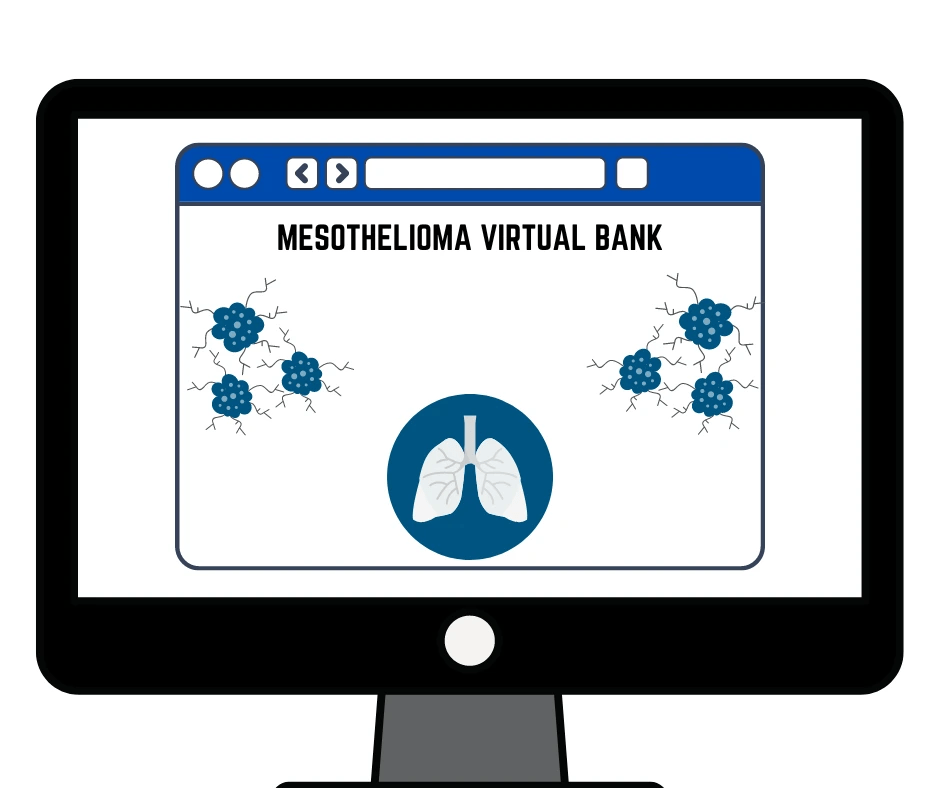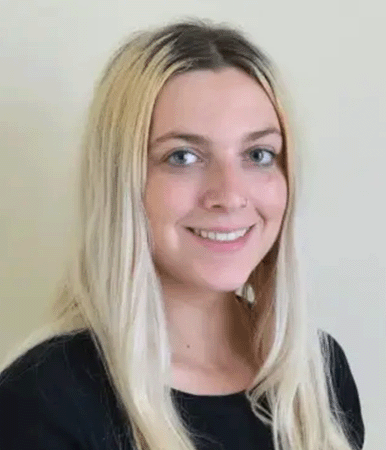Key takeaways: The National Mesothelioma Virtual Bank was started by researchers in the early 2000s. It is a virtual biorepository, and provides real samples of mesothelioma cells for research endeavors. It’s also run by the donations of patients: nobody is required to submit their organic samples. There are implications for its use in conjunction with AI in healthcare: namely, accurate and speedy diagnosis. 
What is the Function of the National Mesothelioma Virtual Bank?
The University of Pittsburgh, in conjunction with other academic research centers in the area, created the National Mesothelioma Virtual Bank in 2006. It functions as a biorepository, which is a site for collecting biological samples and data. Importantly, the Virtual Bank does not esteem demographics or personal information; while it collects these data, they are kept separate from the organic samples. The Virtual Bank also stores information on whether the patient was known to have been exposed to asbestos, either occupationally, environmentally, or second-hand. This has implications for both future asbestos regulations and legal pursuits of justice. If a mesothelioma patient wants to send their bio-samples, like biopsies, tissue samples, or blood samples, they are encouraged to do so. However, a patient is not required to submit their data to the Virtual Bank; it operates on a volunteer basis. The Virtual Bank facilitates the research of mesothelioma by providing easy access to the phenotype (the physical presentation) and genotype (genetic arrangement) of mesothelioma cells. And, because we know that the cells of mesothelioma are heterogeneous, or have different presentations and genomes depending on where they’re located in a tumor, the Virtual Bank is an invaluable resource. It can be used to research new treatment options, to review the manifestations of mesothelioma, and to apply techniques to other cancers, too.
Is the Virtual Bank the Same as a National Registry?
A national registry would partially serve as a biorepository, as it would likely contain the same kinds of biological data that the Virtual Bank would (tissue/blood samples, copies of biopsy results). However, an important distinction between the two is the accessibility of personal information: a national registry would facilitate the connecting of doctors, treatment centers, and support groups with patients. Patients do not have access to other patients’ information, asbestos exposure sites/occupations, and resources through the Virtual Bank. The United States does not currently have a national registry for mesothelioma (but it does have one for other diseases, like ALS).
Implications for Use
The National Bank has certainly been useful for research efforts for possible treatments. However, it could also be used to train AI in order to properly diagnose mesothelioma (given its heterogeneity). If an algorithm can “learn” all of the genotypes and phenotypes of mesothelioma, it might be able to diagnose patients with higher accuracy and speed, thus giving patients a better prognosis.
If you or a loved one has been diagnosed with mesothelioma, please call The Halpern Law Firm at (800)-505-6000. We are here to help you navigate the legal process of filing a claim to receive compensation for your cancer diagnosis. We help mesothelioma victims and their families in Pennsylvania.
Sources:
- Amin, W., Parwani, A. V., Melamed, J., Flores, R., Pennathur, A., Valdivieso, F., Whelan, N. B., Landreneau, R., Luketich, J., Feldman, M., Pass, H. I., & Becich, M. J. (2013). National Mesothelioma Virtual Bank: A Platform for Collaborative Research and Mesothelioma Biobanking Resource to Support Translational Research. Lung Cancer International, 2013, 765748. https://doi.org/10.1155/2013/765748
- Cummings, K. J., Becich, M. J., Blackley, D. J., Deapen, D., Harrison, R., Hassan, R., Henley, S. J., Hesdorffer, M., Horton, D. K., Mazurek, J. M., Pass, H. I., Taioli, E., Wu, X.-C., Zauderer, M. G., & Weissman, D. N. (2020). Workshop summary: Potential usefulness and feasibility of a US National Mesothelioma Registry. American Journal of Industrial Medicine, 63(2), 105–114. https://doi.org/10.1002/ajim.23062
- J. V. C. S. (2023, May 17). The National Mesothelioma Virtual Bank: Advancing Research and Treatment | Blogs | CDC. https://blogs.cdc.gov/niosh-science-blog/2023/05/17/nmvb/
Written By Carina Filemyr
